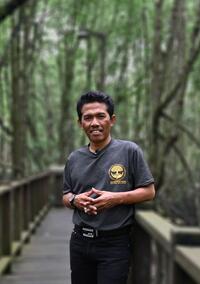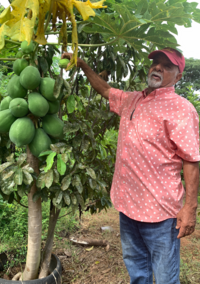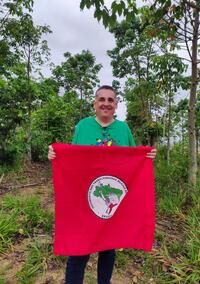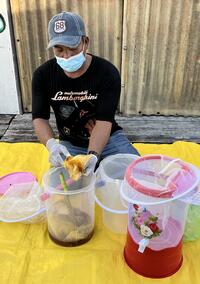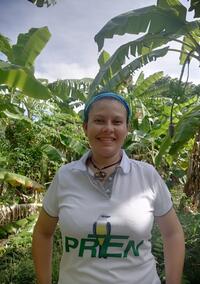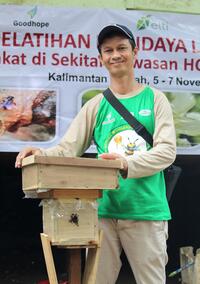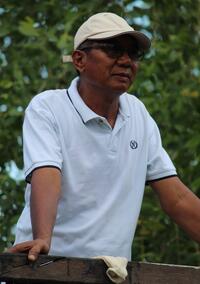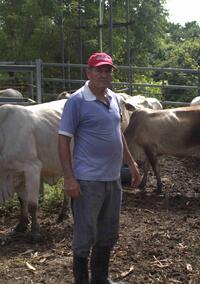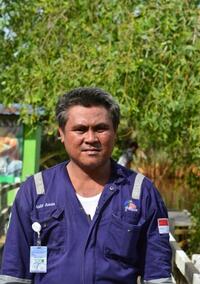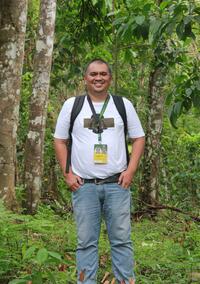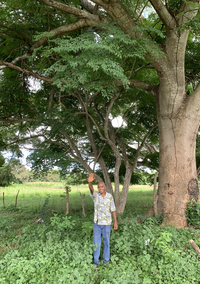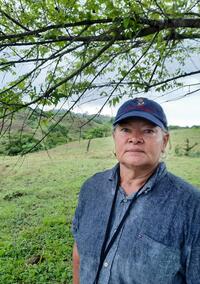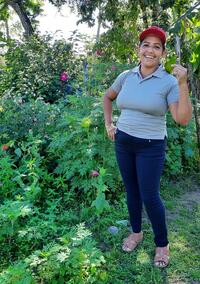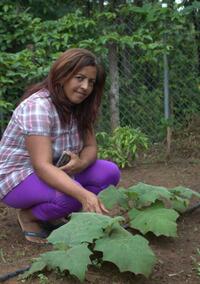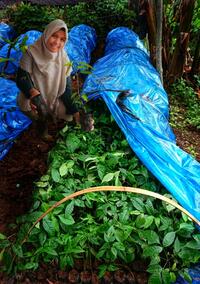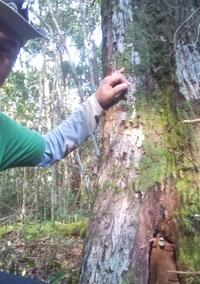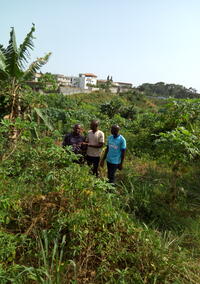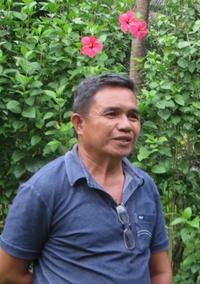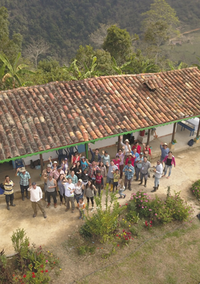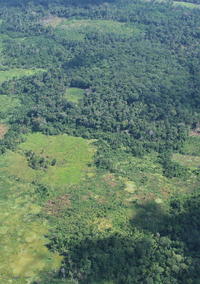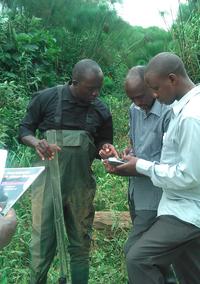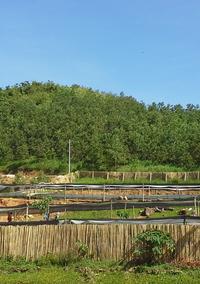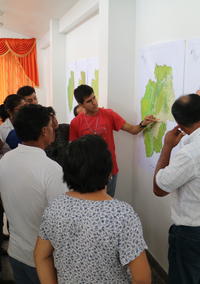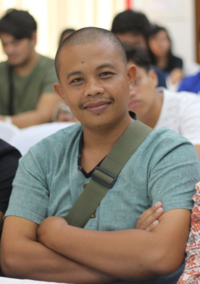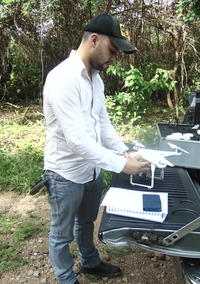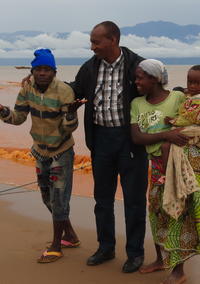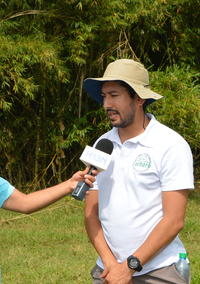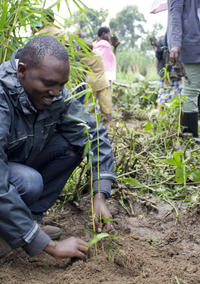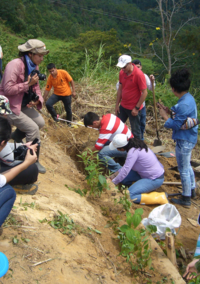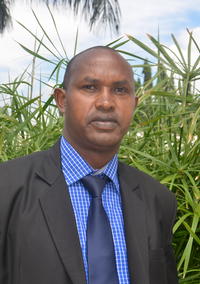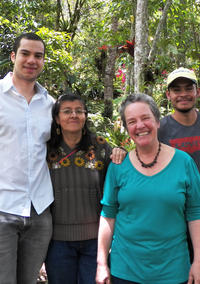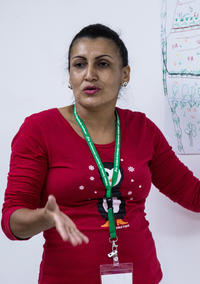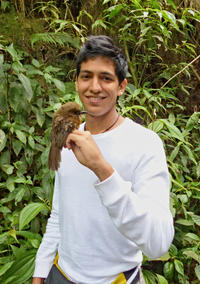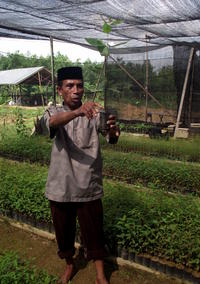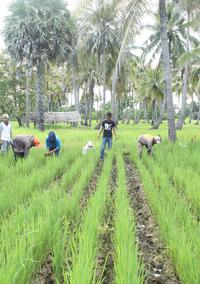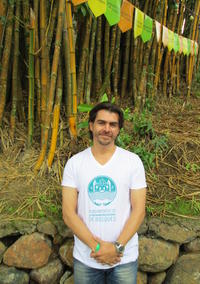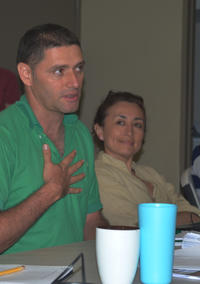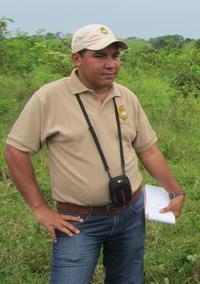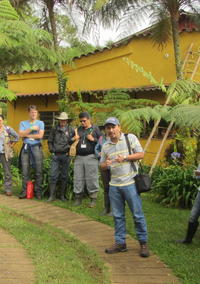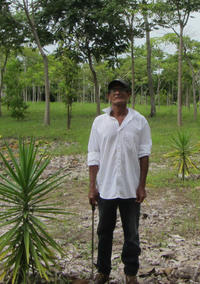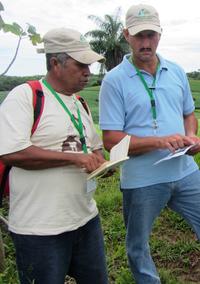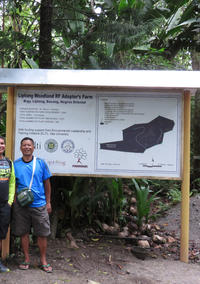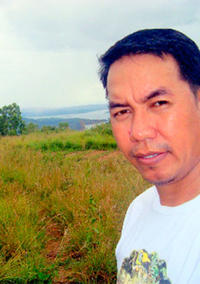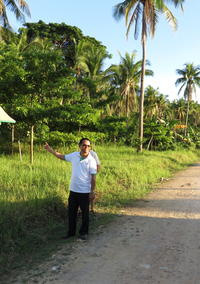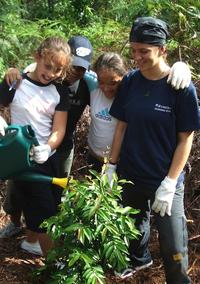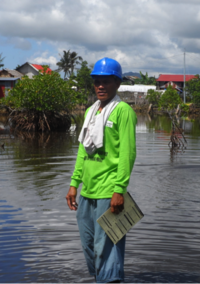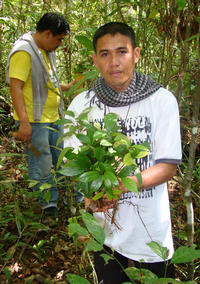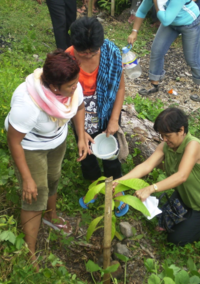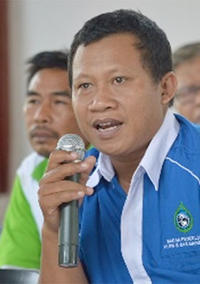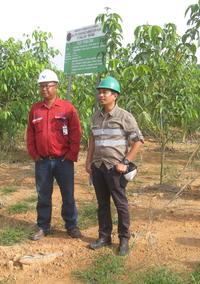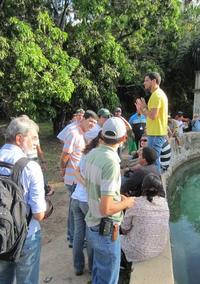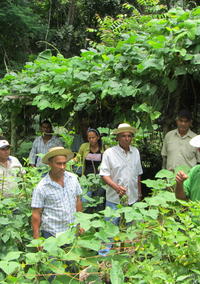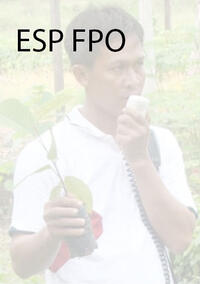You are here
Making Environmental Policy in Southern Mexico More Inclusive
One veteran of these challenges, Martha San Román, Director of Environmental Policy for the Administration of Environment and Natural Resources of the State of Campeche, took the ELTI-IUCN course Forest Landscape Restoration in the Tropics to expand her capacity to plan and oversee policies relating to landscape-level restoration.
“Before the course, I was worried the material would be too technical for me. I am not a forest engineer nor a biologist,” Martha shares. “However, now that I have completed the course, I can say that anyone involved in decision-making in this field can and should take it.”
After completing the course, Martha integrated elements from the ELTI-IUCN course into a three-day workshop for the state’s Annual Operating Program (POA) for Environmental Policy Administration.
Martha guided discussions on topics such as: mapping; multistakeholder engagement; bringing together multiple sectors; and taking a comprehensive approach to setting environmental governance policy, prioritization of effort and allocation of resources for the next year of operations.
Restoration does not exclude harvesting from the land. On the contrary, if done strategically, it will lead to positive results, even for the landscape. We added this—and supporting principles—to a recent sustainability agreement with two neighboring states.
Martha San Román
“I’m especially proud that the POA’s public policies take a bottom-up approach with significant outreach to communities and stakeholders,” Martha says. “We are now working as a team with many sectors to ensure that economic growth is based on ecologically sound land-use planning and significant community buy-in.”
In addition, rather than only focusing on restoration activities, the course helped Martha to think more broadly about the integrated nature of land-use decisions across a landscape along with the economic and social ramifications of restoration activities.
That inclusive, integrated approach led to outcomes such as an unprecedented collaboration between the decision makers of Campeche’s agricultural and environmental sectors.
“Today, the Administration of Rural Development is one of our biggest allies in managing the implementation of a Fire Prevention Program,” Martha enthuses. “Field burning for agriculture and livestock raising is a large barrier to sustainable land use and restoration in the Yucatan peninsula. This program’s assertive planning is one of our team’s biggest achievements and a big step toward more sustainable land use.”
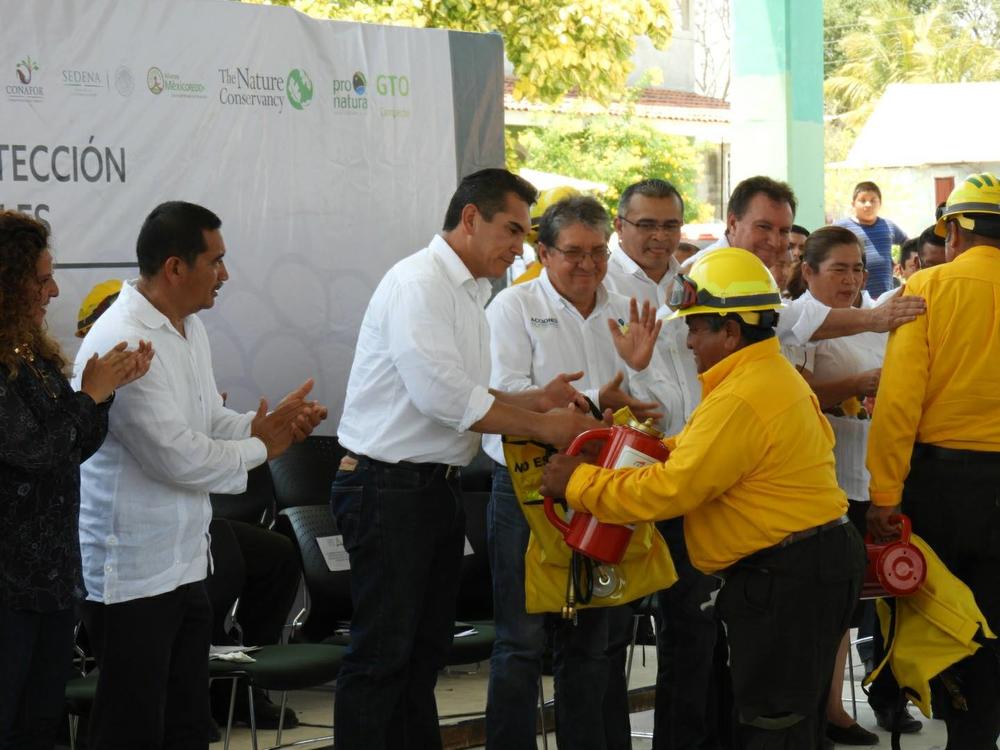

Acknowledgements
Martha would like to thank the Governor of Campeche, Alejandro Moreno Cárdenas, and the Secretary of the Environment and Natural Resources of Campeche, Roberto Alcalá, for their support, trust and motivation.







